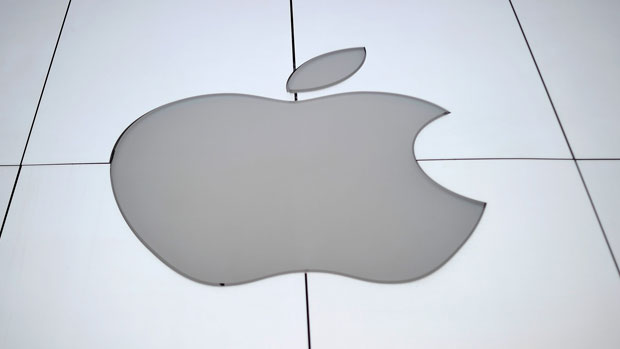Apple to name and shame its own 'conflict mineral' suppliers
Tech industry under pressure to stop using minerals supplied by violent militias in Africa

A free daily email with the biggest news stories of the day – and the best features from TheWeek.com
You are now subscribed
Your newsletter sign-up was successful
APPLE is planning to use 'name and shame' tactics in a bid to force its suppliers to comply with ethical sourcing guidelines.
The company wants its iPhones, iPads and other devices to be free of "conflict minerals", which are mined in areas of armed conflict or where human rights abuses take place.
Last month, it verified for the first time that none of the tantalum used in its products had come from mines in conflict regions. Now it wants to clean-up the gold, tin and tungsten supply chain.
The Week
Escape your echo chamber. Get the facts behind the news, plus analysis from multiple perspectives.

Sign up for The Week's Free Newsletters
From our morning news briefing to a weekly Good News Newsletter, get the best of The Week delivered directly to your inbox.
From our morning news briefing to a weekly Good News Newsletter, get the best of The Week delivered directly to your inbox.
It will therefore publish a quarterly list of all of its suppliers' smelters – which produce the metals used in Apple devices – and their compliance with ethical sourcing guidelines.
It comes as the electronics industry faces growing criticism from human rights organisations over its extensive use of minerals mined from sites controlled by violent militias in the Democratic Republic of Congo and nearby areas.
These mineral resources finance the armed groups, many of which use murder and rape as a strategy to control local populations and secure the control of mines, say campaigners. Miners are often hired by gun-point and forced to work in life-threatening conditions.
Jeff Williams, Apple's senior vice-president of operations, told the Financial Times that the fastest way for the company to become "conflict-free" would be to limit its supply chain to just a couple of verified smelters.
A free daily email with the biggest news stories of the day – and the best features from TheWeek.com
However, he said this would do nothing to affect the wider situation for workers on the ground. "What we are focused on is getting a critical mass of suppliers verified such that we can truly influence the demand situation and change things," he said.
Williams added that it was easier for electronic companies to put pressure on unethical tantalum suppliers, as more than half of the world's tantalum flows through the electronics industry.
However, electronics companies are relatively small customers when it comes to tin, tungsten and gold. Apple hopes that by using the glare of public scrutiny for these minerals, it will encourage wider change.